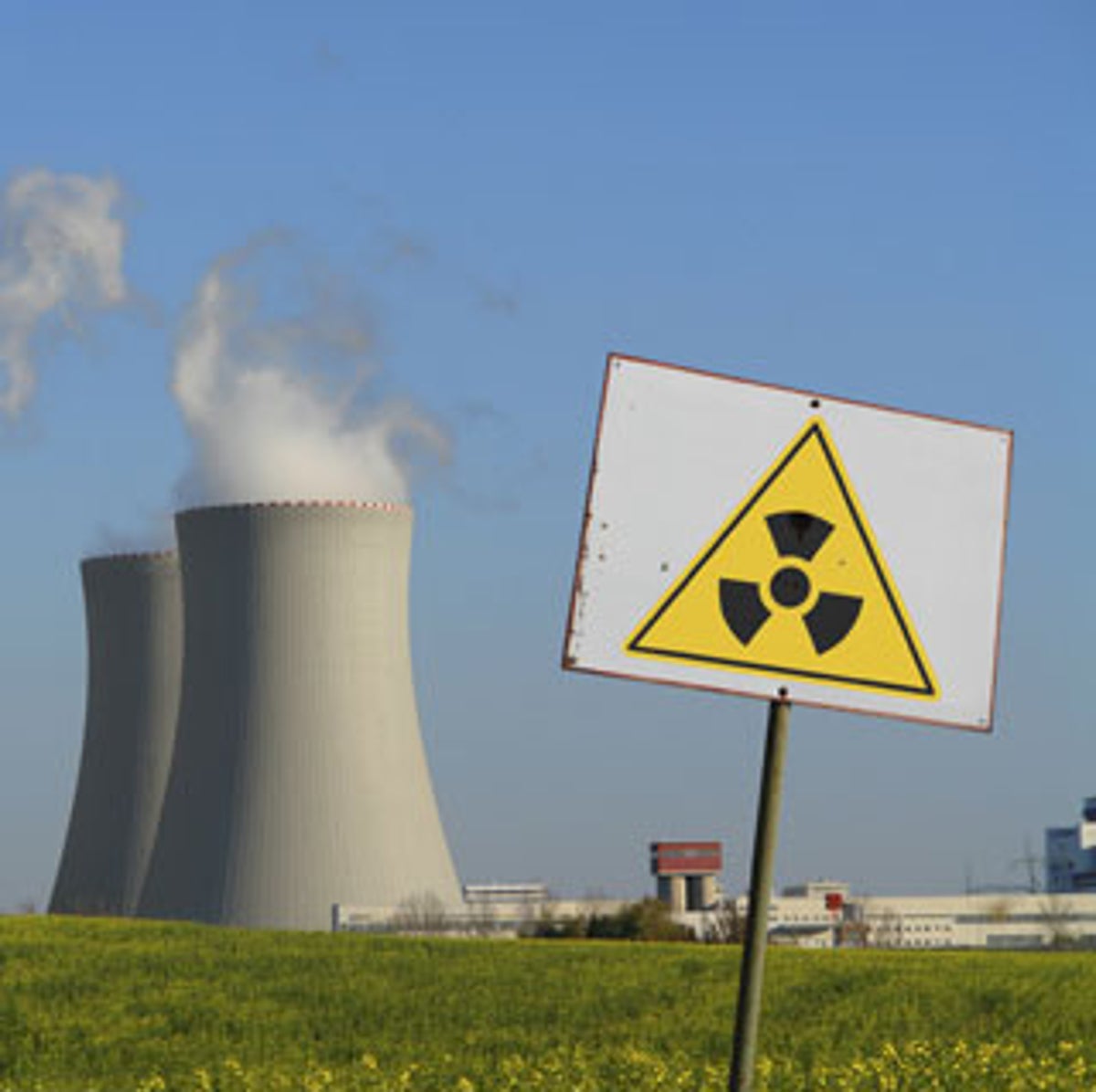T. A. Gardner
Thread Killer
Good first step.
What about free use of land that an OIl and gas company might get, or a stadium might get, that other businesses would not, or that they would have to pay full value to build upon in other jurisdiction that was not offering that same land?
Oil and gas companies don't get "free use of land" so what you are trying to do is gaslight with a canard or red herring. I showed you the government webpage you go to to get information on LEASES for mineral extraction, including oil and gas. The government leases the land to a company who then pays the government a royality (cut of the profit) from extraction of the resource.
So you have one city or State offering to the company when others are not and if they build elsewhere they would pay cash for the land.
Government land leases are generally open to the public and anyone can bid on them.
So, it isn't a fucking subsidy in the case of oil and gas--or other mineral extraction. Stop trying to conflate sports arenas with land leases by the BLM to people for various purposes. They're two different entities.Is that subsidy? If you were city that lost the Arena due to that is it right to say you lost, in part, because the other city was able to offer a subsidy that we could not?




